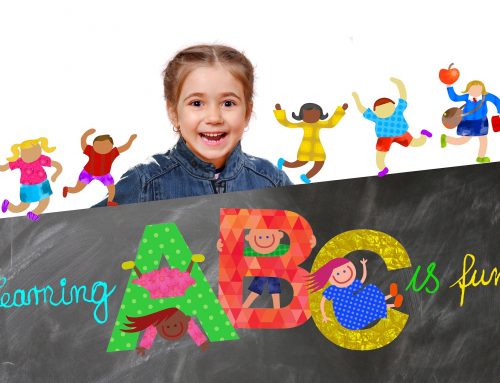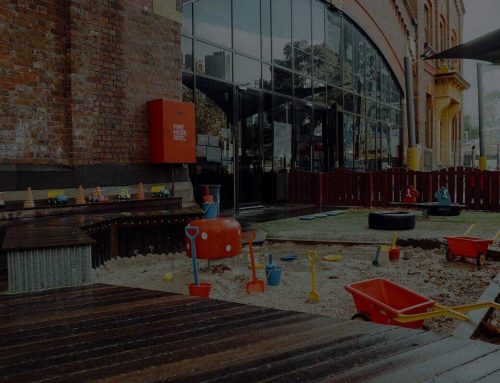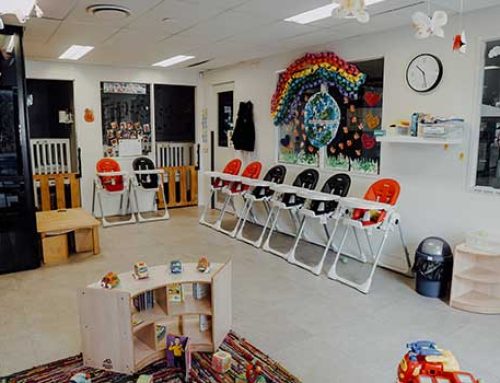In this era of global warming, when icebergs and glaciers are melting and contributing to worldwide sea level rise, our responsibility as grownups is to do our bit and help the next generation do theirs.
We’ve moved beyond learning about the hole in the ozone layer. The issues now consist of a huge list that is increasing with time. Coming generations can save the planet if they prioritise the environment. They must be exposed to the beauty of nature to have a conscience that enjoys climbing a tree or smelling flowers rather than playing video games or watching action films on YouTube.
In Melbourne, kindergarten programs are specially designed to teach toddlers about the changing environment and its after-effects. There’s no doubt that kindergarten plays an essential role in the initial learning stage of a kid’s life. If your child is curious about the environment, you should talk to the kindergarten teacher and convey the same to them.
Keep reading to know the benefits of kindergarten in raising an environmentally conscious child.
1. Plan Routine Outdoor Excursions
As a working parent, one may not have enough time to invest in outings and picnics with their child. That’s when kindergarten schools come to aid. Going by the present condition of life, preschool outdoor excursions are essential as they can expose children to the beauties of nature and be led by their curiosity.
They can be asked to talk about their experience the next day at school. Pictures of flowers from the excursion can aid colour identification, an essential part of a child’s development.
2. Teach the effective use and management of resources.
The three R’s: reduce, reuse and recycle, also known as the principle of the waste management process, make it easier for young children to remember and save the environment. When early learning in Kindergarten teaches the kids about the harmful after-effects of plastic toys and other products, they learn to be mindful about owning ones. They may even insist that their parents cut down on the unnecessary use of certain appliances to reduce the recycling rate.
Teachers in Kindergarten may encourage the children to minimise the wastage of paper by writing or printing on both sides and donating items like books they won’t read or notebooks they won’t use. They can also be taught to reuse old jars to store accessories or food items.
3. Encourage Planting More Trees.
Most children love gardening because they enjoy being outdoors, digging in the soil, planting saplings, and watching them grow. They like tending plants because it gives them self-confidence. A kindergarten teacher can encourage kids to grow more plants or trees. This develops a sense of responsibility and love of nature, encouraging them to learn about the science of plants, nutrition and sustainability.
4. Inform The Harmful Effects Of Pollution.
Kindergarten can illustrate the effects of poor nutrition on plants and pollution on water bodies. A litter-pick drive on the local beaches can show them how filth can ruin the look and feel of even the most beautiful places. Teach how walking and cycling protects the environment from pollution.
5. Talk about energy efficiency.
A facility like Melbourne City child care has a teaching body that can educate your little one on energy conservation and other ways to save the environment. Don’t be surprised if, someday, your child requests you to cut down on using your cars, as much as possible.
Conclusion
Preschool acts like the foundation of your child. The above 5 benefits should give them the best start in their life and help build an eco-friendly future!








Leave A Comment